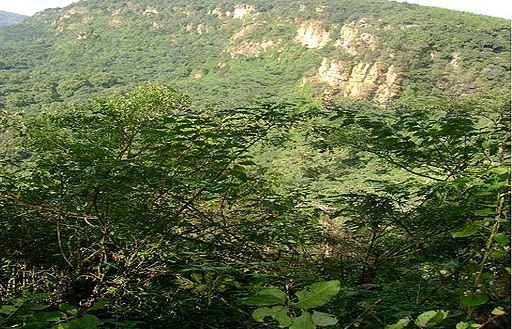Ethiopian-Americans met with UN representatives
On July 21, Ms. Tsigereda Mulugeta, joined by Ms. Raisa Leventul, met with representatives of the Office of the United Nations High Commissioner for Human Rights (OHCHR) to discuss the June 18 massacre of 1,500 Amhara people in Tole, Wollega.
This was a follow-up from a May 18 meeting attended by Eskinder Nega, who was visiting from Ethiopia, Tsigereda Mulugeta, Prof. Stephen Brennon, and Dr. Yohannes W/Gabriel.
At the meetings and in a July 6 letter from Ethiopian civil society, requests were made for the Office of the United Nations High Commissioner for Human Rights (OHCHR) to take urgent steps to protect human rights in Ethiopia and end the genocide. The UN must immediately press the Ethiopian government to stop the ongoing genocide, and ethnic cleansing targeting Amharas and hold accountable the perpetrators’ atrocities, including the OLA (Oromo Liberation Front) and regional government forces.
Ongoing atrocities
Associated Press reported that hundreds of people, primarily ethnic Amhara, were slaughtered in Tole village and the surrounding area on June 18 in Ethiopia’s latest explosion of ethnic violence. Witnesses reported that government military forces collaborated with the Oromo Liberation Army.
The ongoing tragedy in Tole, Wollega province, started last year. Reuters reported in June that Ethiopia’s state-appointed Human Rights Commission said in a statement that a video circulating on social media showed government security forces carrying out at least 30 extrajudicial killings in December 2021. The video showed a group of men wearing army combat fatigues, forcing men off trucks parked on a rural roadside and shooting them.
Rep. Chris Smith on the latest atrocities in Ethiopia
On July 23, Rep. Chris Smith (R-NJ), Ranking Member of the House Foreign Affairs Subcommittee on Africa and Co-Chair of the Tom Lantos Human Rights Commission, issued a statement on recently confirmed reports of the slaughter of over 400 ethnic Amhara by the Oromo People’s Liberation Army last month in the Oromia region of Ethiopia: “Ethnic-based violence in Ethiopia must stop. We cannot scapegoat one group as each group has both victims and victimizers. The bloodshed must end—and those who commit atrocities must be held to account, including government forces as well as ethnic militias. The cycle of recrimination must be broken.”
National Press Club statement
On June 23, Jen Judson, president of the National Press Club, and Gil Klein, president of the National Press Club Journalism Institute, issued a statement calling for the release of wrongfully detained journalists in Ethiopia and commenting on the broader worsening press freedom conditions in the country.
“The rapidly deteriorating press freedom climate in Ethiopia is of grave concern with conditions worsening by the week. According to the head of the Ethiopian Human Rights Commission, there are 19 journalists and media workers being unlawfully detained by the government. Ethiopian authorities have reportedly justified their media crackdown by claiming those detained were sympathetic with rebel groups. But as the head of the country’s own human rights body has noted, pre-trial detentions of journalists accused of committing a legal offense through their press work are now illegal under the government’s own recently adopted media law. We call for the immediate release of all those journalists and media personnel unlawfully detained.
“Furthermore, we condemn the central government’s statement in recent days that it would pursue ‘irreversible measures’ against individuals ‘wearing a cloak of media outlets and journalists’ if they do not adhere to the government’s preferred narrative. Draconian threats like that have no place in any society but particularly in a country such as Ethiopia, which has a long history in Africa as a regional leader and aspirations of becoming one of the continent’s leading economies in the years ahead. This turn of events in Ethiopia is particularly disappointing given hopes in 2018 that the national government under Prime Minister Abiy Ahmed would be supportive of a robust and independent press after decades of repression and the targeting of journalists by the previous government.”

Mesfin Mekonen
Mesfin Mekonen is the author of Washington Update, a bulletin about Ethiopia’s struggle for freedom and prosperity, and founder of MM Management.









